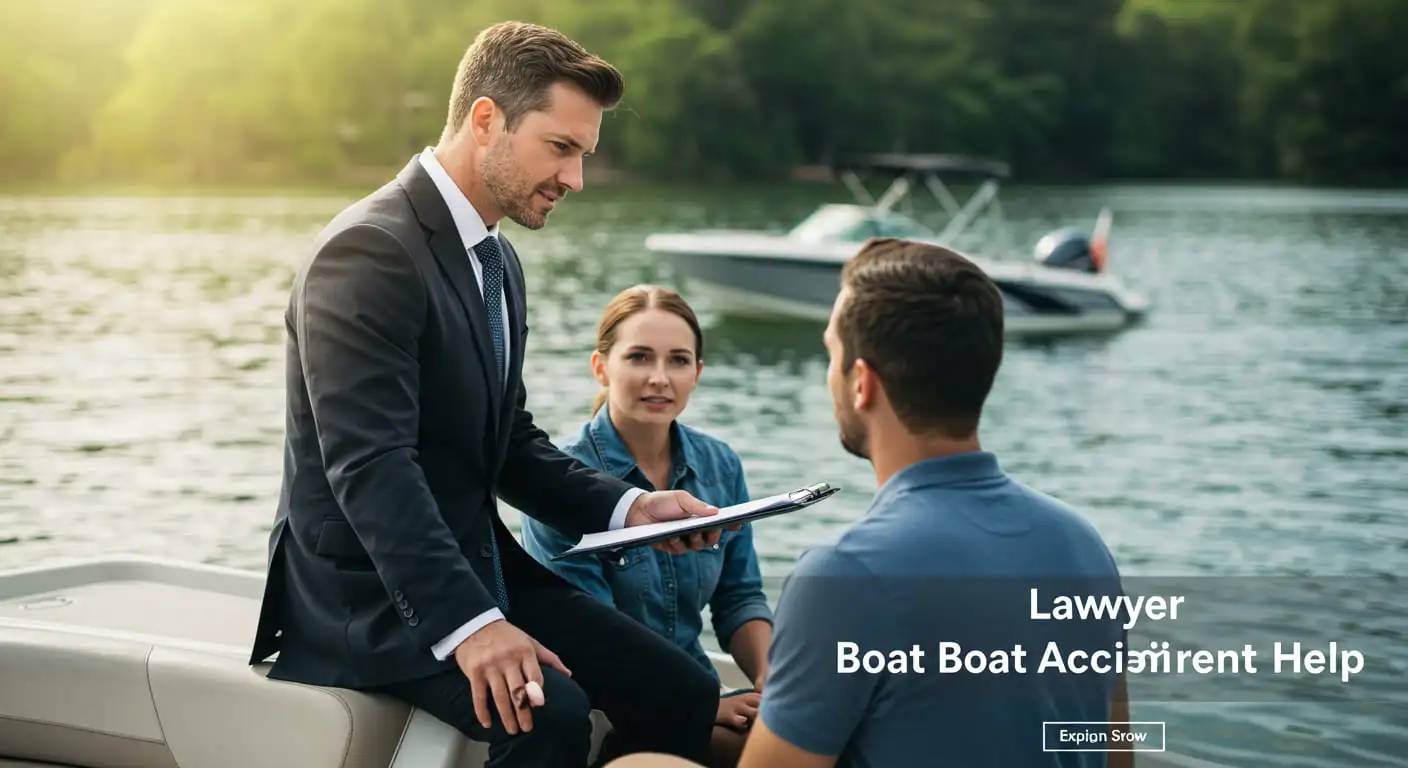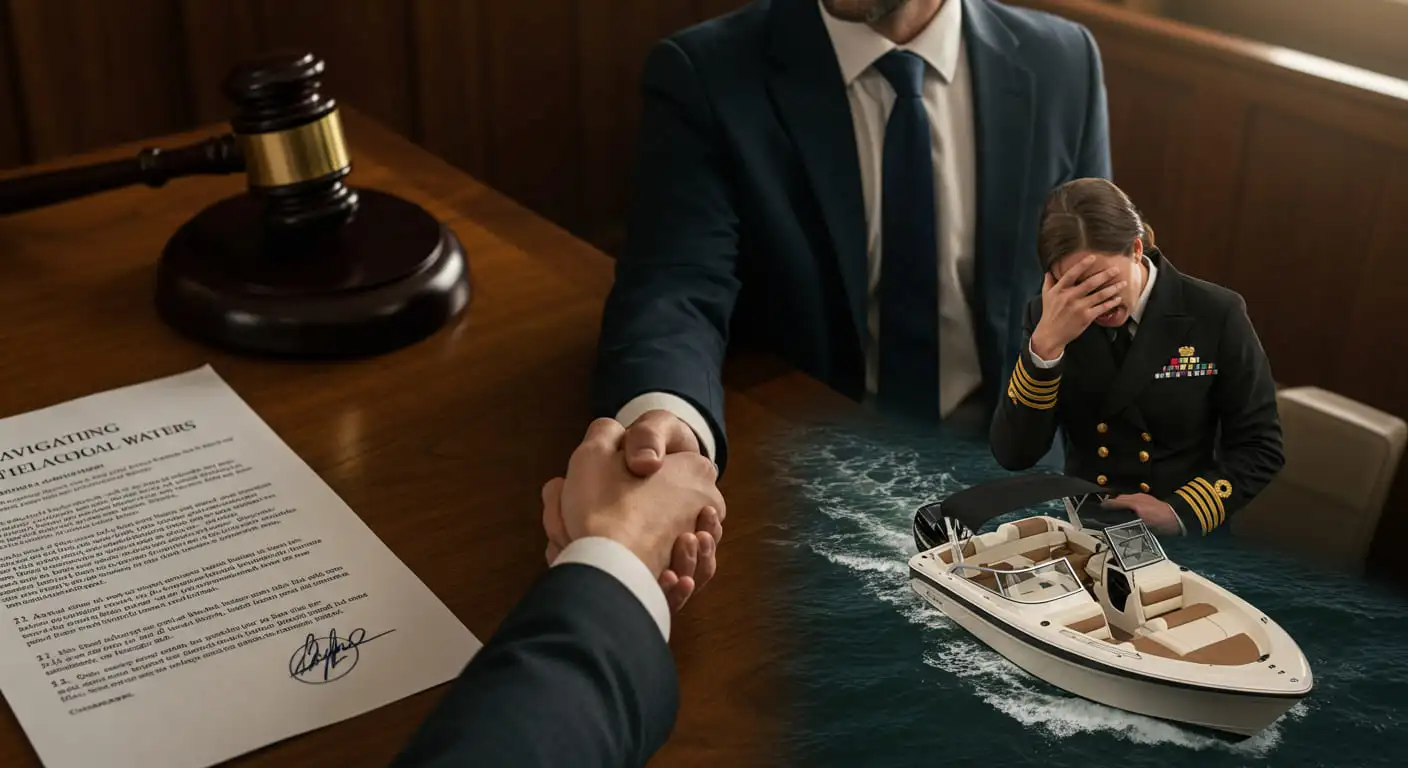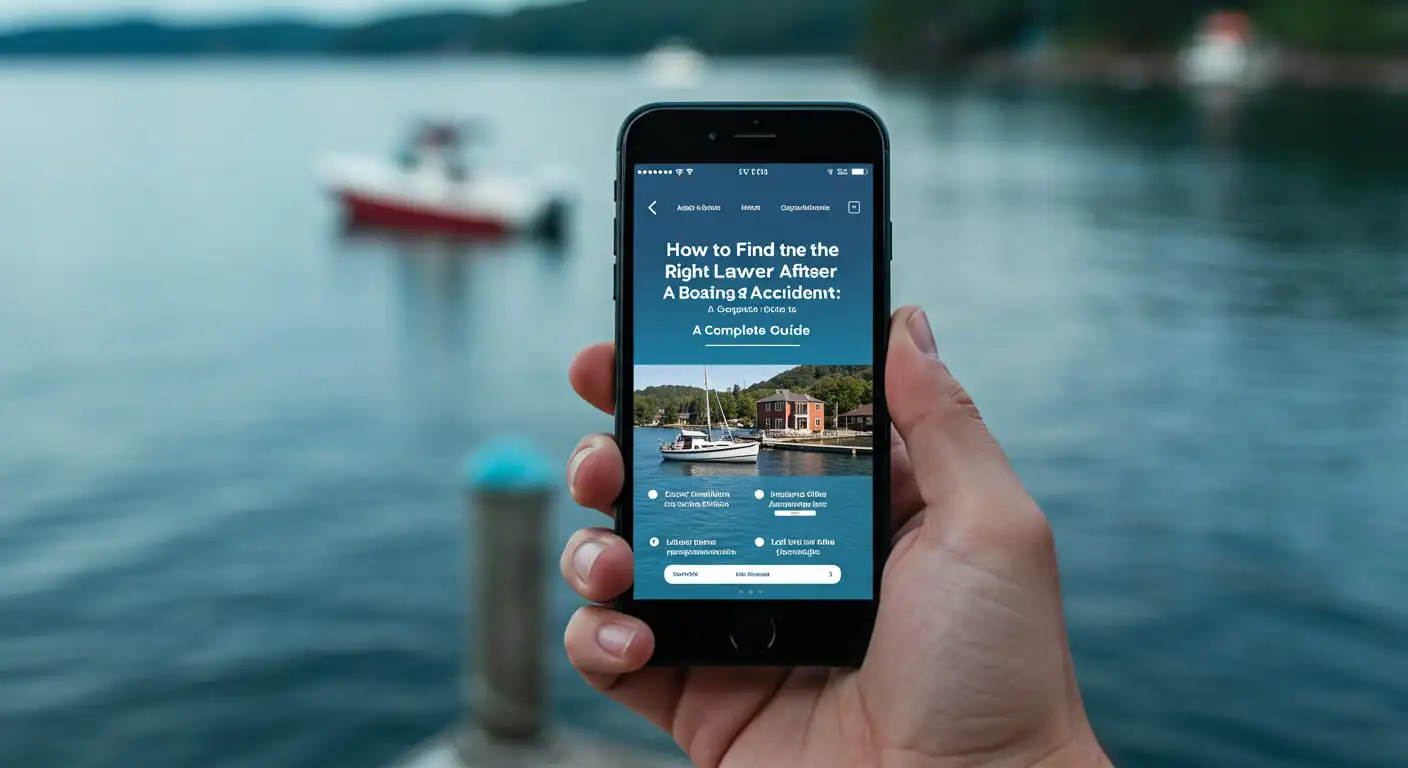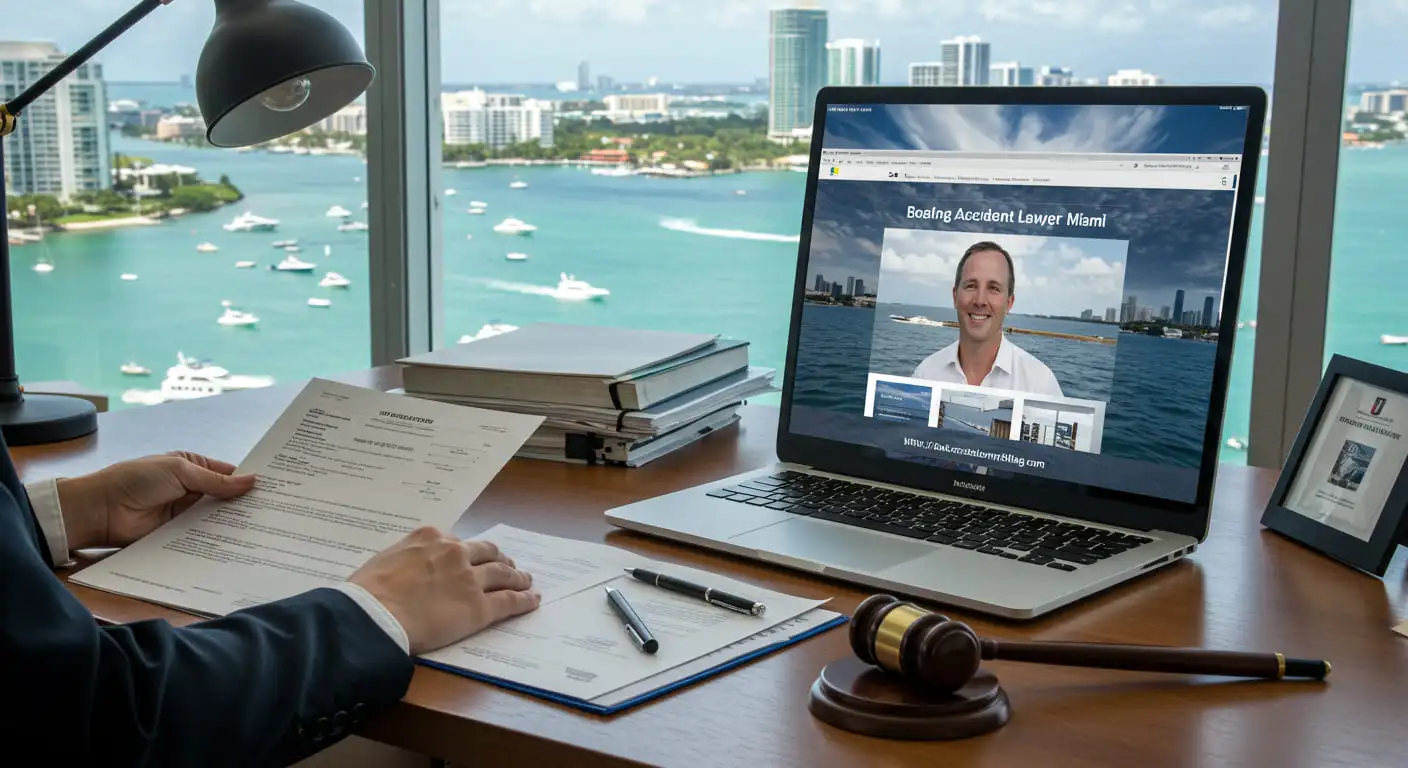Learn how the U.S. Coast Guard Boating Safety Act impacts life jacket rules, vessel registration, and legal safety gear every boater must comply with.
Introduction
The serenity of open waters and the thrill of boating are unmatched joys for millions of Americans. However, the freedom that comes with boating also demands a responsibility to ensure safety—for yourself, your passengers, and others on the water. The U.S. Coast Guard Boating Safety Act was enacted to standardize safety measures, protect lives, and establish enforceable rules for all recreational boaters.
From life jacket requirements and safety equipment laws to vessel numbering and registration rules, this comprehensive guide dives deep into what every boater must know to stay compliant, avoid legal issues, and ensure a safe experience on the water.
What Is the U.S. Coast Guard Boating Safety Act?
The U.S. Coast Guard Boating Safety Act is a federal law that establishes safety protocols and legal requirements for recreational boats across U.S. waters. Enacted under the authority of the Federal Boat Safety Act of 1971, the law empowers the Coast Guard to regulate boat manufacturing standards, vessel registration, safety gear, and education programs for boaters.
Federal vs. State Jurisdiction
While the act sets a nationwide safety baseline, individual states may enforce additional boating laws. In general, the Coast Guard’s jurisdiction covers:
- Navigable waters of the United States
- Vessel equipment standards
- Boat registration laws
- Accident reporting and investigations
Understanding both federal and state rules is critical, as non-compliance can lead to severe legal consequences.
Life Jacket Requirements and Safety Equipment Laws
One of the most critical components of the Boating Safety Act is ensuring every vessel has Coast Guard-approved life jackets and essential safety gear.
Life Jacket Requirements
According to Coast Guard regulations:
- All vessels must carry one Type I, II, III, or V life jacket for each person on board.
- Children under 13 years old must wear a life jacket at all times while on a moving vessel.
- Life jackets must be in good condition, readily accessible, and the appropriate size for the wearer.
Inflatable life jackets are permitted for adults, provided they are U.S. Coast Guard approved and not being used during high-impact water sports.
Other Required Safety Equipment
Depending on the size and type of your vessel, you may also need:
- Fire extinguishers (B-I or B-II, depending on vessel size)
- Visual distress signals (day and night)
- Sound-producing devices (whistle, horn, or bell)
- Navigation lights
- Throwable flotation devices (for vessels 16 feet or longer)
Boating safety equipment requirements are strictly enforced. Missing equipment can result in fines, vessel detention, or being barred from operating your boat.
Vessel Numbering and Registration Rules
Whether you’re operating a jet ski, fishing boat, or 40-foot cruiser, your vessel must be properly registered and identified in accordance with vessel numbering requirements.
What is Vessel Numbering?
Every motorized vessel must display a unique registration number, issued by the state or federal agency. These numbers:
- Start with a state abbreviation (e.g., FL, NY, CA)
- Must be displayed in 3-inch block letters on the front hull
- Should be in contrasting color to the hull background
- Must be clearly visible at all times
Boat Registration Process
To register your boat, you’ll typically need:
- Proof of ownership
- Hull Identification Number (HIN)
- Completed registration application
- Payment of applicable fees
Registrations are valid for a set period (usually 1–3 years) and must be renewed on time. Registration stickers indicating the expiration date must be displayed next to your registration number.
State vs. Federal Registration
- State Registration: Most recreational boats are registered at the state level.
- Federal Documentation: Larger vessels used in commerce may be documented by the Coast Guard, which includes an official number carved into the interior of the hull.
Failure to comply with boat registration laws can result in vessel impoundment, fines, or citation.
Why Compliance Matters: Penalties and Risks
Violating the Boating Safety Act isn’t just illegal—it can be deadly.
Legal Penalties
The Coast Guard has the authority to:
- Issue citations and fines (ranging from $100 to $5,000+)
- Confiscate your boat
- Suspend or revoke registration or operating privileges
Insurance Implications
Non-compliance can void your boat insurance policy, especially in cases of accidents involving injury or property damage. An uninsured or improperly equipped boat can cost you thousands in liabilities.
Boating Accidents & Legal Consequences
Boating accidents happen more often than people think. And when they do, compliance with the Boating Safety Act can determine legal outcomes.
Common Causes of Boating Accidents
- Operator inattention
- Alcohol use
- Excessive speed
- Lack of proper safety gear
- Inexperienced operators
In many cases, failure to comply with boating safety equipment requirements is considered negligence and can lead to boating accident liability lawsuits.
Coast Guard’s Role in Accident Investigations
If a fatality, injury, or significant property damage occurs, the Coast Guard may:
- Investigate the scene
- Interview witnesses
- Inspect your vessel’s safety compliance
Any discrepancies, such as missing life jackets or expired flares, can be used against you in court or insurance proceedings.
Legal Help After a Boat Accident
In the aftermath of an accident, especially when injuries or fatalities occur, it is essential to contact a boat accident lawyer.
When to Consult a Lawyer
- If you’re accused of negligence or violation
- If you were injured due to someone else’s lack of compliance
- If you need help filing a claim against another boater or manufacturer
A boat accident lawyer can help:
- Interpret state and federal boating laws
- Investigate liability based on compliance or lack thereof
- Recover compensation for injuries, lost wages, and property damage
Safety First: Tips for Staying Compliant
Want to avoid legal trouble and stay safe? Follow these best practices:
Before You Launch
- Perform a pre-departure safety check
- Verify that all life jackets are U.S. Coast Guard approved
- Test fire extinguishers and signaling devices
- Make sure your registration numbers are visible
During Operation
- Never operate under the influence
- Avoid overcrowding the vessel
- Watch for weather warnings
- Ensure passengers know where the safety gear is located
Keep It Up to Date
- Replace expired flares and fire extinguishers
- Renew boat registration on time
- Take a boating safety course (many insurance companies offer discounts for this)
Conclusion
The U.S. Coast Guard Boating Safety Act is not just a legal obligation—it’s a vital part of ensuring every boating trip is safe and enjoyable. From life jackets to registration numbers, every detail matters. Compliance not only prevents fines and legal complications but can save lives when it matters most.
Whether you’re a seasoned sailor or a weekend lake-goer, staying informed and vigilant helps protect yourself, your passengers, and everyone else on the water.
Frequently Asked Questions (FAQ)
Q1: What boats are required to follow the U.S. Coast Guard Boating Safety Act?
All motorized recreational vessels, regardless of size, must comply. Some paddlecraft are also subject to certain provisions.
Q2: Are life jackets mandatory for adults on all vessels?
Not always, but they must be accessible. However, children under 13 must wear one at all times on moving vessels.
Q3: How can I verify if my safety equipment is Coast Guard approved?
Look for the U.S. Coast Guard approval number on the label or packaging.
Q4: What are the steps to register a recreational boat?
Contact your state boating authority, provide ownership documents and HIN, and pay the required fee.
Q5: What happens if I get caught without proper vessel numbering?
You may face citations, fines, or impoundment of your boat.
Q6: Can non-compliance affect insurance claims in a boating accident?
Yes, many insurers may deny claims if you’re found in violation of safety laws at the time of the accident.
Q7: Who do I contact after a boating accident involving injury or damage?
Call 911 if urgent. Then report the accident to the Coast Guard and your state boating authority.











